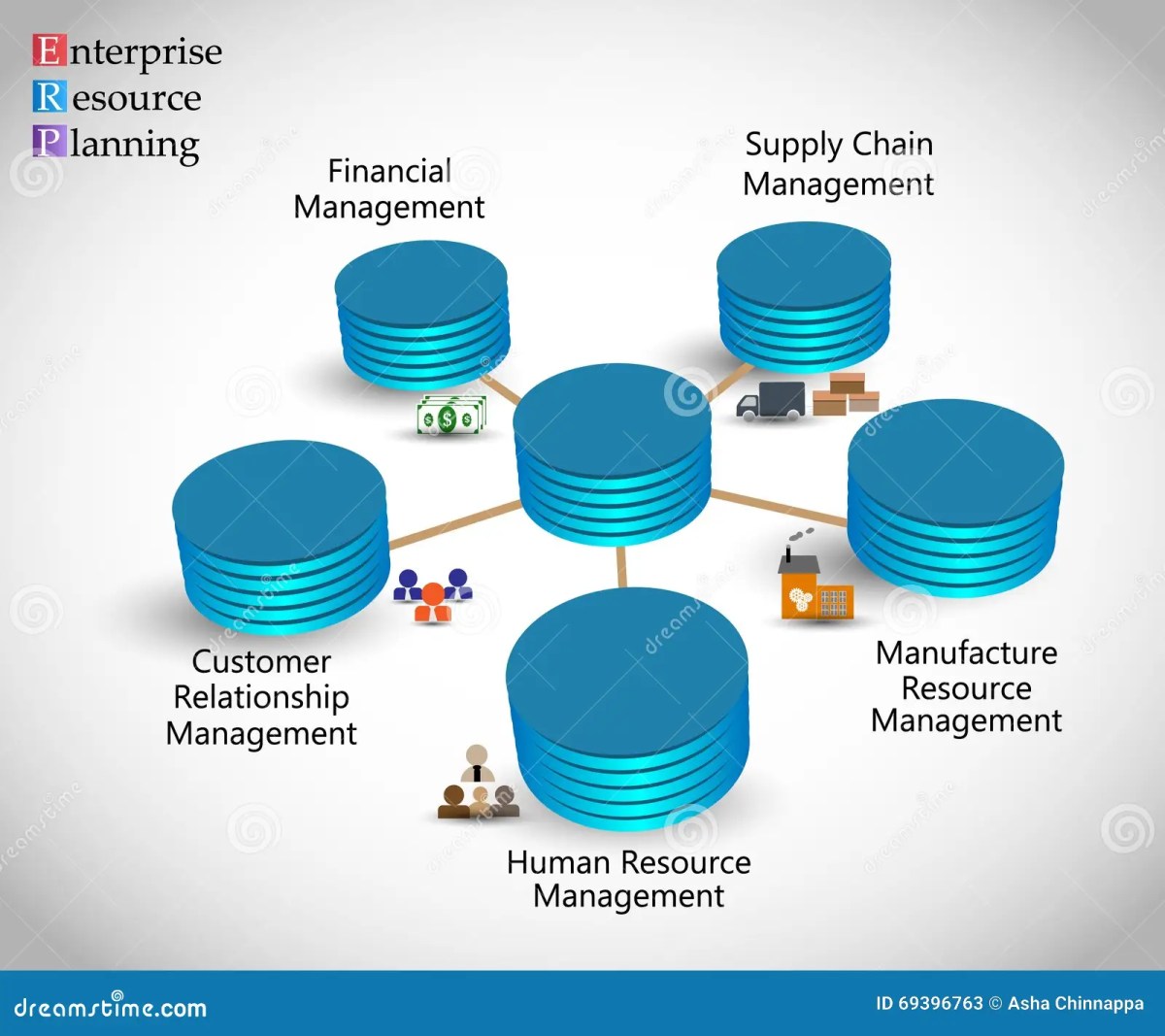Enterprise Automation Tools: 7 Powerful Solutions to Transform Your Business
In today’s fast-paced digital landscape, enterprise automation tools are no longer a luxury—they’re a necessity. From streamlining workflows to slashing operational costs, these powerful technologies are reshaping how large organizations operate, innovate, and scale.
1. Understanding Enterprise Automation Tools

Enterprise automation tools are software platforms designed to automate complex business processes across large organizations. These tools integrate with existing systems, reduce manual labor, and improve accuracy, speed, and scalability in operations. Unlike basic automation tools used by small businesses, enterprise-grade solutions are built to handle high-volume transactions, multi-department workflows, and stringent security requirements.
What Sets Enterprise Automation Apart?
Enterprise automation differs from standard automation in scope, complexity, and integration depth. While small business tools might focus on single tasks like email scheduling or data entry, enterprise automation tools manage end-to-end processes such as supply chain logistics, HR onboarding, financial reporting, and customer service workflows.
- Scalability across departments and geographies
- Advanced integration with ERP, CRM, and legacy systems
- Robust security, compliance, and audit trails
Core Components of Enterprise Automation
Most enterprise automation platforms consist of several key components that work together to deliver seamless automation. These include workflow engines, robotic process automation (RPA), artificial intelligence (AI), machine learning (ML), and low-code development environments.
- Workflow Engine: Manages the sequence and logic of automated processes.
- RPA Bots: Mimic human actions to perform repetitive tasks across applications.
- AI & ML: Enable predictive analytics, decision-making, and natural language processing.
“Automation is not about replacing people; it’s about empowering them to focus on higher-value work.” — Satya Nadella, CEO of Microsoft
2. Top 7 Enterprise Automation Tools in 2024
The market for enterprise automation tools has exploded in recent years, with dozens of platforms offering varying capabilities. Below are seven of the most powerful and widely adopted tools that are transforming businesses globally.
1. UiPath
UiPath is a leader in the RPA space, offering a comprehensive suite of tools for automating repetitive, rule-based tasks. Its enterprise automation tools are known for their user-friendly interface, strong AI integration, and scalability.
- Drag-and-drop workflow designer for non-technical users
- Advanced AI capabilities via UiPath AI Center
- Seamless integration with SAP, Salesforce, and Microsoft 365
UiPath is trusted by over 9,000 enterprises worldwide, including Fortune 500 companies like Walmart and IBM. Learn more about UiPath.
2. Automation Anywhere
Automation Anywhere offers a cloud-native digital workforce platform that combines RPA, AI, and analytics. Its enterprise automation tools are designed for rapid deployment and intelligent automation at scale.
- Built-in IQ Bot for cognitive automation
- Bot Store with pre-built automation templates
- Strong security features including role-based access and encryption
The platform supports both attended and unattended bots, making it ideal for hybrid work environments. Explore Automation Anywhere.
3. Microsoft Power Automate
As part of the Microsoft 365 ecosystem, Power Automate provides powerful enterprise automation tools that integrate seamlessly with Azure, Dynamics 365, and Office apps.
- Low-code/no-code interface for citizen developers
- AI Builder for form processing, sentiment analysis, and object detection
- Cloud and desktop flows for cross-application automation
Power Automate is especially effective for organizations already using Microsoft products. Visit Microsoft Power Automate.
4. ServiceNow
ServiceNow is a leader in workflow automation and IT service management (ITSM). Its enterprise automation tools go beyond RPA, offering end-to-end digital workflow orchestration.
- Now Platform for building custom enterprise apps
- Virtual Agent for AI-powered customer and employee support
- Security Operations and IT Operations Management (ITOM) modules
ServiceNow is widely used in healthcare, finance, and government sectors. Discover ServiceNow.
5. SAP Signavio
SAP Signavio focuses on process intelligence and continuous improvement. Its enterprise automation tools help organizations visualize, analyze, and optimize business processes before automating them.
- Process mining to identify inefficiencies
- Collaborative process modeling
- Integration with SAP S/4HANA and other ERP systems
Signavio is ideal for companies undergoing digital transformation. Learn about SAP Signavio.
6. IBM Automation
IBM Automation combines RPA, workflow orchestration, and AI through its suite of enterprise automation tools. It emphasizes intelligent automation and decision automation.
- Watson AI integration for natural language understanding
- Business automation workflows with embedded analytics
- Strong focus on compliance and governance
IBM’s tools are particularly strong in regulated industries like banking and insurance. Explore IBM Automation.
7. Oracle Integration Cloud (OIC)
Oracle OIC provides a unified platform for integration, process automation, and API management. Its enterprise automation tools are tightly integrated with Oracle’s ERP and HCM cloud applications.
- Pre-built adapters for Oracle and third-party applications
- Process automation with human workflows and approvals
- Monitoring and analytics dashboards
It’s a top choice for Oracle-centric enterprises. Visit Oracle Integration Cloud.
3. Key Benefits of Enterprise Automation Tools
Implementing enterprise automation tools delivers measurable benefits across departments and functions. These advantages go beyond cost savings to include strategic improvements in agility, accuracy, and customer experience.
Increased Operational Efficiency
One of the most immediate benefits of enterprise automation tools is the dramatic increase in operational efficiency. By automating repetitive tasks such as data entry, invoice processing, and report generation, organizations can reduce processing times by up to 80%.
- Reduction in manual errors and rework
- Faster cycle times for critical processes
- Improved resource allocation and productivity
Cost Reduction and ROI
While the initial investment in enterprise automation tools can be significant, the return on investment (ROI) is often realized within 6 to 12 months. Companies report cost savings of 30–50% in departments like finance, HR, and customer service.
- Lower labor costs due to reduced manual intervention
- Decreased operational overhead
- Scalable automation reduces long-term hiring needs
Enhanced Compliance and Auditability
In regulated industries, enterprise automation tools provide a clear audit trail and ensure consistent adherence to policies. Automated workflows log every action, making it easier to meet compliance requirements from bodies like GDPR, HIPAA, and SOX.
- Automated policy enforcement
- Real-time monitoring and alerts
- Standardized processes reduce human error and risk
4. Challenges in Implementing Enterprise Automation Tools
Despite their benefits, deploying enterprise automation tools is not without challenges. Organizations must navigate technical, cultural, and strategic hurdles to achieve successful adoption.
Integration with Legacy Systems
Many enterprises still rely on outdated legacy systems that were not designed for modern automation. Integrating enterprise automation tools with these systems can be complex and time-consuming.
- Lack of APIs or documentation for legacy software
- Data silos that hinder process visibility
- Need for middleware or custom connectors
Solutions like API gateways, ETL tools, and hybrid integration platforms can help bridge the gap.
Change Management and Employee Resistance
One of the biggest non-technical challenges is employee resistance. Workers may fear job displacement or feel overwhelmed by new technologies.
- Clear communication about automation’s role as an enabler, not a replacement
- Training programs and upskilling initiatives
- Involving employees in automation design and testing
“The biggest risk is not automation replacing people, but companies failing to adapt and losing talent to more agile competitors.” — Gartner Research
Scalability and Governance
As automation initiatives grow, so does the need for governance. Without proper oversight, organizations risk creating “automation sprawl” — unmanaged bots and workflows that lead to inefficiencies and security risks.
- Establish a Center of Excellence (CoE) for automation
- Define standards for bot development and deployment
- Implement monitoring and lifecycle management tools
5. How to Choose the Right Enterprise Automation Tools
Selecting the right enterprise automation tools requires a strategic approach. It’s not just about features—it’s about alignment with business goals, scalability, and long-term sustainability.
Assess Your Business Needs
Start by identifying the processes that are most ripe for automation. Look for tasks that are repetitive, rule-based, high-volume, and prone to human error.
- Map current workflows and pain points
- Prioritize processes with high ROI potential
- Engage stakeholders from IT, operations, and business units
Evaluate Integration Capabilities
The best enterprise automation tools seamlessly integrate with your existing tech stack. Check for compatibility with your ERP, CRM, HRIS, and database systems.
- Pre-built connectors and APIs
- Support for on-premise, cloud, and hybrid environments
- Ability to handle structured and unstructured data
Consider Security and Compliance
Security is paramount when deploying automation at scale. Ensure the tool offers encryption, role-based access control, audit logging, and compliance certifications.
- GDPR, HIPAA, SOC 2, and ISO 27001 compliance
- Data residency and privacy controls
- Regular security updates and vulnerability management
6. Real-World Use Cases of Enterprise Automation Tools
Enterprise automation tools are being used across industries to solve real business problems. Here are some compelling use cases that demonstrate their impact.
Finance and Accounting Automation
Global banks and accounting firms use enterprise automation tools to automate invoice processing, reconciliation, and financial reporting.
- Automated AP/AR workflows reduce processing time from days to hours
- AI-powered fraud detection in transaction monitoring
- Month-end closing accelerated by up to 70%
For example, a major European bank reduced invoice processing costs by 40% using UiPath. Read the case study.
HR and Employee Onboarding
Large enterprises automate onboarding workflows to improve employee experience and reduce administrative burden.
- Automated background checks, document collection, and system access provisioning
- Chatbots guide new hires through onboarding steps
- Integration with HRIS systems like Workday and SAP SuccessFactors
A Fortune 500 company automated 80% of its onboarding process using ServiceNow, cutting onboarding time by half.
Customer Service and Support
Automation enhances customer service by reducing response times and improving consistency.
- Chatbots handle routine inquiries 24/7
- Automated ticket routing and escalation
- Self-service portals powered by AI
Telecom companies using Automation Anywhere have reduced average handling time by 35%.
7. The Future of Enterprise Automation Tools
The evolution of enterprise automation tools is accelerating, driven by advancements in AI, cloud computing, and process intelligence. The future will be defined by hyperautomation, autonomous systems, and human-machine collaboration.
Rise of Hyperautomation
Gartner defines hyperautomation as the combination of multiple automation technologies, including RPA, AI, ML, and process mining, to automate increasingly complex processes.
- End-to-end automation of entire business functions
- Self-healing workflows that adapt to exceptions
- Continuous process optimization through AI feedback loops
By 2026, Gartner predicts that over 60% of large enterprises will have implemented hyperautomation initiatives.
AI-Driven Decision Automation
Future enterprise automation tools will not just execute tasks—they will make decisions. AI models will analyze data, predict outcomes, and recommend or take actions autonomously.
- Predictive maintenance in manufacturing
- Dynamic pricing and inventory management in retail
- Intelligent fraud detection in financial services
Platforms like IBM Automation and Microsoft Power Automate are already embedding advanced AI capabilities.
Democratization of Automation
Low-code and no-code platforms are empowering non-technical users—“citizen developers”—to build automations. This trend will continue, enabling faster innovation and broader adoption.
- Drag-and-drop interfaces and pre-built templates
- AI-assisted automation design
- Centralized governance to ensure security and compliance
As automation becomes more accessible, organizations must balance agility with control.
What are enterprise automation tools?
Enterprise automation tools are software platforms that automate complex business processes across large organizations. They integrate with existing systems, reduce manual work, and improve efficiency, accuracy, and scalability using technologies like RPA, AI, and workflow automation.
What are the benefits of using enterprise automation tools?
Key benefits include increased operational efficiency, cost reduction, faster processing times, improved compliance, enhanced data accuracy, and better employee and customer experiences. They also enable scalability and support digital transformation initiatives.
Which industries benefit most from enterprise automation tools?
Industries such as finance, healthcare, manufacturing, telecommunications, and government benefit significantly. Any sector with high-volume, repetitive processes can leverage these tools for transformation.
How do I choose the right enterprise automation tool for my company?
Consider your business needs, integration requirements, security and compliance standards, scalability, and total cost of ownership. Evaluate tools based on use cases, vendor support, and user reviews. Pilot testing is recommended before full deployment.
Are enterprise automation tools secure?
Yes, leading enterprise automation tools offer robust security features including encryption, role-based access, audit trails, and compliance certifications. However, proper governance and monitoring are essential to maintain security at scale.
Enterprise automation tools are revolutionizing how large organizations operate. From UiPath and Automation Anywhere to Microsoft Power Automate and ServiceNow, these platforms offer powerful capabilities to streamline workflows, reduce costs, and drive innovation. While challenges like integration and change management exist, the benefits far outweigh the risks. As AI and hyperautomation advance, the future of enterprise automation will be defined by intelligent, adaptive, and human-centric systems. Organizations that embrace these tools today will be best positioned to thrive in the digital economy of tomorrow.
Recommended for you 👇
Further Reading:









